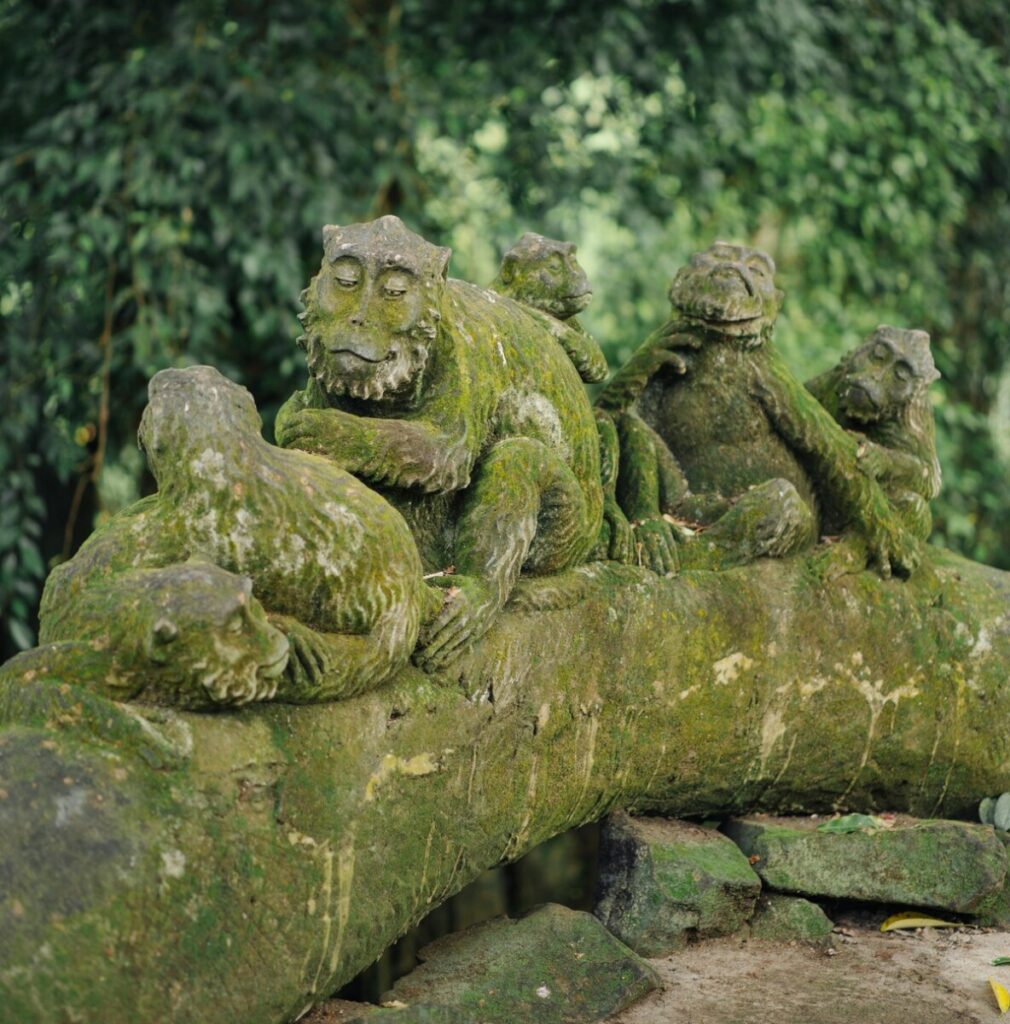Bali is a treasure trove for wildlife enthusiasts with its lush landscapes and diverse ecosystems. From vibrant bird species to the elusive big cats, the island offers a rich tapestry of fauna waiting to be discovered. However, as we embark on this journey of exploration, it is paramount that we do so with utmost respect and responsibility towards the environment and its inhabitants. This guide is crafted to provide insights on engaging in ethical wildlife tourism in Bali, ensuring that your encounter with nature leaves a positive, lasting impact.
Understanding Ethical Wildlife Tourism
The Essence of Ethical Engagement
Before embarking on any wildlife excursion, it’s crucial to comprehend what ethical wildlife tourism entails. At its core, it emphasizes the welfare of the animals and their habitats. This approach advocates for minimal human interference, allowing creatures to thrive in natural environments without unnecessary stress or disruption. It also encourages sustainable practices that contribute to the conservation of these species and their ecosystems.
The Dangers of Unethical Practices
Unethical wildlife tourism, unfortunately, is not uncommon. Captive animal performances, close encounters with unrestrained animals, and invasive photo opportunities may provide momentary thrills. Still, they often come at a high cost. They may result in physical and psychological harm for the creatures involved, disrupt natural behaviors, and even contribute to the decline of endangered species.
Bali’s Diverse Wildlife: A Glimpse into the Fauna
Avian Wonders: Bali’s Birdlife
Bali boasts an astonishing array of bird species, ranging from the iconic Bali myna to vibrant kingfishers. To engage with them responsibly, opt for birdwatching excursions led by knowledgeable guides. These experts help you spot elusive species and provide valuable insights into their behavior and habitats. Remember, observing from a distance with binoculars or a camera with a telephoto lens ensures minimal disturbance.
Primates in Paradise
Monkey forests are a prevalent attraction in Bali. These sanctuaries provide a haven for various monkey species, including long-tailed macaques. While visiting, maintain a respectful distance and avoid making eye contact, which can be considered a threat in primate culture. Feeding them with human food is discouraged, as it can disrupt their natural diet and lead to health issues.

Beneath the Waves: Bali’s Marine Marvels
Bali’s coastal waters teem with marine life, from colorful corals to majestic manta rays. When engaging in snorkeling or diving, choose operators committed to eco-friendly practices. They prioritize the protection of coral reefs and marine creatures, ensuring that future generations can also revel in the underwater wonders.
Read More:
The Most Luxurious Train Journeys in the World
Best Wine Tour Packages for Wine Lovers
Making Informed Choices: Selecting Wildlife Tours and Operators
Research and Inquire
Before booking any wildlife tour, conduct thorough research on the operator’s practices and reviews. Inquire about their stance on ethical wildlife tourism and conservation efforts. Reputable operators are transparent about their policies and are often affiliated with conservation organizations.
Avoiding Captive Animal Experiences
Steer clear of attractions that offer experiences with captive or restrained animals, such as elephant riding or tiger selfies. These practices often involve cruelty and exploitation. Instead, opt for sanctuaries and rehabilitation centers prioritizing the well-being and rehabilitation of rescued animals.
Contributing to Conservation Efforts
Support Local Conservation Initiatives
Many organizations in Bali are dedicated to wildlife conservation. Consider contributing to their efforts through donations or volunteer work. This support aids in crucial research, habitat preservation, and rehabilitation programs.
Spreading Awareness
Share your experiences and knowledge about ethical wildlife tourism with friends and fellow travelers. Through spreading awareness, we can collectively foster a culture of responsible engagement with nature.
